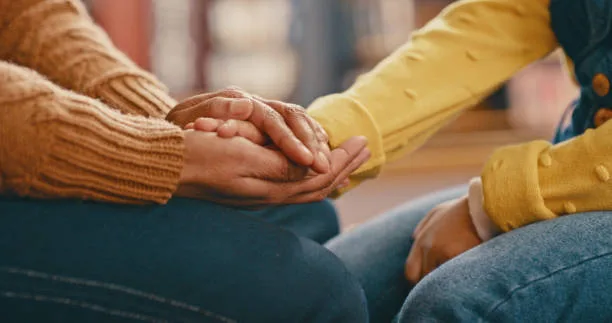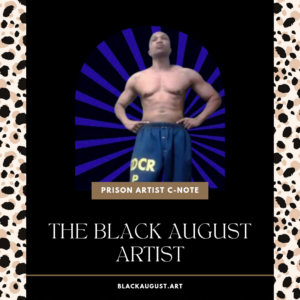
By Jocelyn Jackson Williams | OBSERVER Columnist
(OPINION) – Just a month ago, we were basking in the glow of that great civil rights movement otherwise known as the Montgomery Riverboat brawl. And now, we are mourning the loss of three human beings who were gunned down because of the color of their skin (as indicated in the killer’s manifesto that has yet to be released to the public.) These two events with two very different outcomes present the same issue for black folks: just when we think we are safe, we are reminded that we are not.
A Grief Recovery Method colleague of mine told me that she had a participant that wanted to grieve her relationship with America. That reminded me of going to see Henry Louis Gates, Jr. speak, and he said, “If I could pay for therapy for every African-American, I would do it because we all need it.”
The story of our lives is not only personal but communal. The hatred we witness taking place in various communities across the country amplifies what we suppress from personal experiences. But for the sake of the health and sanity of our community, we can’t just be collectors of trauma.
For the span of 3-4 years, whenever I would go to the DSW at the Arden Fair Mall, I had to brace myself. While in the store, I would be followed by the security guard. I felt indignant that:
1) I was being profiled
2) He didn’t have the courtesy to even try to be subtle
You might say, “Well, just don’t shop there.” That resolves the issue of being targeted, but it does not address the desire to enter a room and not have to negotiate my humanity. Trauma tends to linger. I don’t believe that particular security guard works there anymore, but in true trauma fashion, I still brace myself every time I walk into the store.
When I first heard about the Alabama brawl, the first thing I did was run to Black Twitter because it remains undefeated. After I got my fill of memes and re-creations, I went over to media spaces to see what the Black commentators had to say; I wanted to know if they were going to express themselves as freely as Black Twitter or was I going to see socio-political code-switching. The interview I saw reflected the latter.
It’s one thing to have a discourse about the horrors of entitlement and privilege. But what I need to be at the forefront of this and all conversations is what we endure and store emotionally inside our bodies.
In grief terms, it’s what you would call an intangible loss. Intangible losses are the relationships we have with our pain and suffering that are abstract in nature. For instance, if you were abused by a family member as a child and it was never addressed, the intangible loss would be a loss of trust in family. For Black folk in America, the DSWs, Montgomery brawls, and Jacksonville shootings consciously present us with the opportunity to grieve moments that rob us of a sense of safety and call into question our sense of belonging.
This unresolved grief gets stored inside our bodies in a toxic way.
So how do we relieve ourselves of some of this pain?
It’s a question for personal and community discussion as much as it is something I can answer. I do know that my work with the Grief Recovery Method combined with the intangible losses I’ve experienced being African-American, have led me to begin developing an intangible loss curriculum that gives us the space to unearth what we suppress and discover the healthiest way for our hearts to move forward.
If you’re interested in taking part in this work, message me on one of my socials. Let’s do more than commemorate Alabama and grieve Jacksonville; let’s get some healing.





